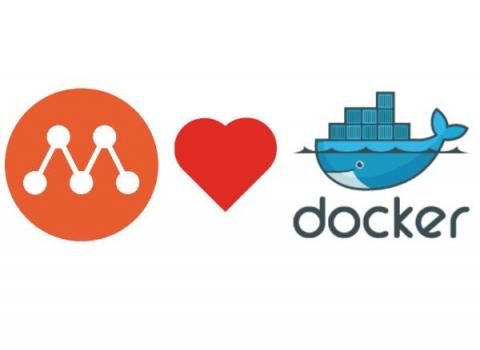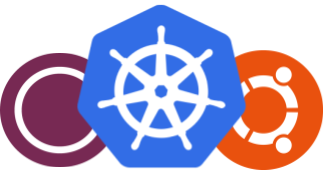Open source cloud platform: meet OpenStack
Are you looking for an open source cloud platform and you don’t know where to start? Are you getting lost in all the independent rankings and cloud platform comparison pages? Try OpenStack and get your open source cloud platform up and running today. OpenStack works at any scale: from a single workstation to thousands of nodes and installs in minutes. Sounds impossible? Give it a try or continue reading to explore where is it coming from.








